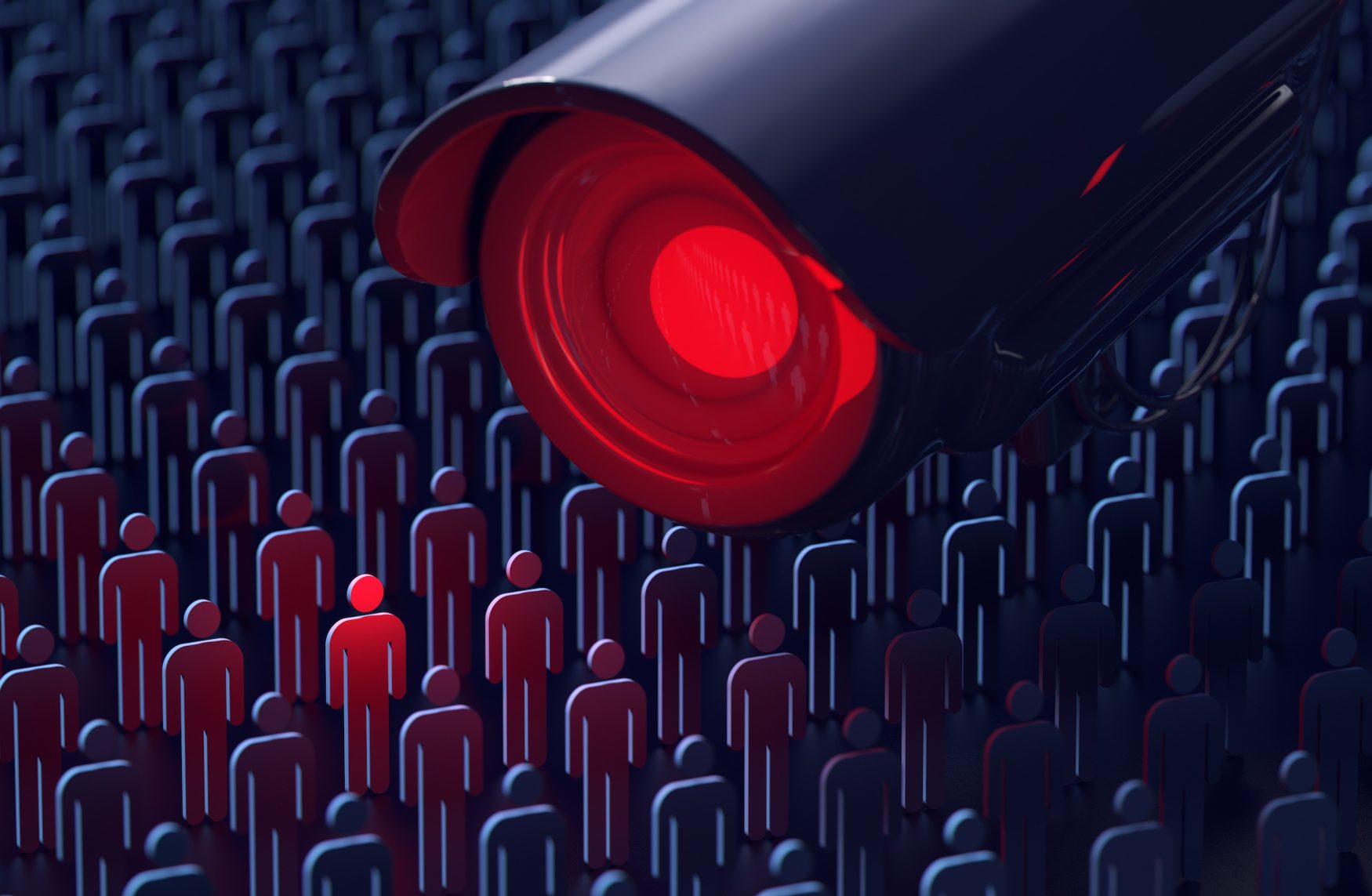
When Online Surveillance Becomes Big Brother
When Online Surveillance Monitors the Internet Activities of Activists People Become Frightened to Protest Against Their Government.
When online surveillance becomes more widely known among American citizens perhaps it will become more of an issue then it is now.
Very few people realize the extent to which Internet surveillance is practiced, particularly as it was during the Bush administration.
Increasing sophistication in the technology of Internet surveillance should make all Internet users stand up and take notice, especially those groups and individuals who might be targeted by the government for any online activity that has to do with the war on terrorism, such as peace activists.
The Internet has provided the opportunity for social and political movements all around the world to communicate together in real time.
Participants in any online social or political organization need to be aware that their movements may be monitored by several government agencies such as the Department of Homeland Security.
Many of these government agencies use private surveillance companies to build data mining systems, which are then linked to government networks.
The Freedom of Information Act protects private agencies, and that makes them particularly desirable for the government to use since they’re able to prowl the Internet without having to divulge any information.
So not if, but when online surveillance becomes more widely known to Americans as something the government is doing, perhaps the reaction will be strong enough not only to question their motives but to point out that they are ignoring every citizen’s right to privacy.
Surveillance a Consequence of War on Terrorism
After 9/11 is when online surveillance became much more widely spread.
Although the National Intelligence Agency has disclosed some information to the public about government surveillance programs, the majority of these operations have remained secret.
Until recently the Bush administration has been operating without the checks and balances of the judicial and legislative branches of government.
When online surveillance is used, the data collected from the Internet can be stored indefinitely and this makes it possible that information about organizations and individuals can be used against them in the future.
It’s possible that highly visible members of social and peacekeeping organizations can be singled out and targeted for prosecution.
The possibility of prosecution and being singled out is one way the government is counting on silencing much of the dissent that might come from the American public.
And the continuation of Internet surveillance will almost certainly play a huge role in keeping many Americans from participating in online protests.
Big Brother Replaced by “Einstein”
Things may change when online surveillance issues are looked at by the new Obama administration.
But that doesn’t make it any less daunting that in September of 2008 government sources revealed to the Wayne Madsen Report, an online publication that discloses right and wrong government actions, that the Einstein program had been authorized by the Bush government.
Einstein is a multi-billion dollar project that was developed as Internet security with the intent of monitoring the federal government’s computer networks.
Rather than provide protection from outside networks, Einstein would monitor the Internet activities and email boxes of both federal employees and private contractors.
However, in February 2008 Bush signed an order that allowed the National Security Agency to act as the central administrator of Einstein.
And although Einstein is primarily used to monitor government Internet activity, it was anticipated that eventually it would be allocated to monitor the private sector of the Internet as well.
Staying Under the Radar
As more Americans become aware of the power the government holds through Internet surveillance they’ll make even more of an effort to stay under the radar.
Activists already avoid sending important information through the Internet, where it can be so easily intercepted and read by anyone.
But it won’t be enough that people think before they pass information online since all this does is diminish the power of the Internet and take away their democratic rights to freedom of speech.
People need to join organizations that monitor state and federal government surveillance practices to check for abuse and misuse.
Americans need to work together to bring about legislation that puts limits on Internet surveillance and keeps these surveillance activities in check.
The Constitution of the United States not only protects the privacy of people but also allows them to speak out against the government without fear of reprisal.

 My First Amazing Ayahuasca Experience
My First Amazing Ayahuasca Experience  Pine Needle Tea
Pine Needle Tea  The REAL Controllers of Humanity: The Papal Bloodlines
The REAL Controllers of Humanity: The Papal Bloodlines  Is it Global Warming or Cooling?
Is it Global Warming or Cooling?  Gun Rights and Obama Examined
Gun Rights and Obama Examined